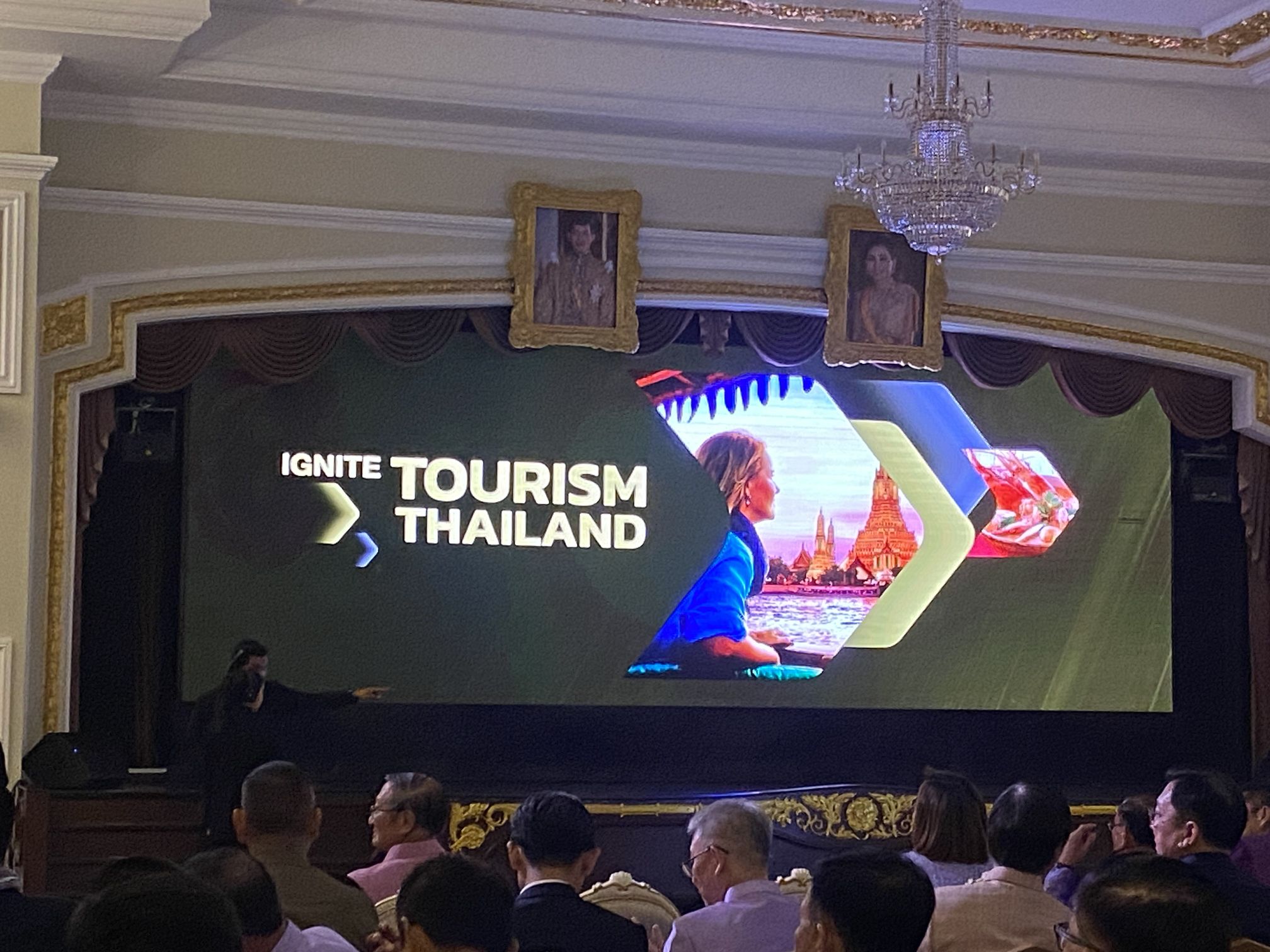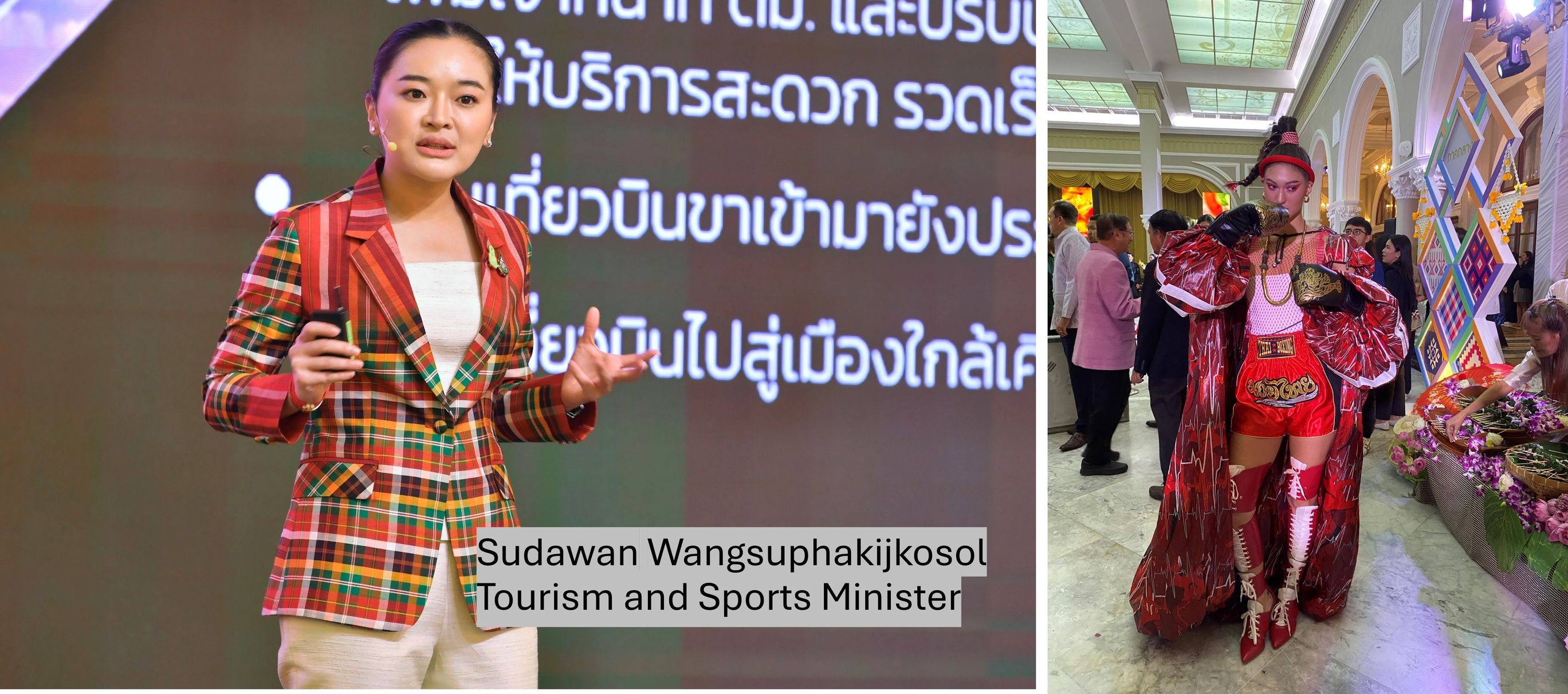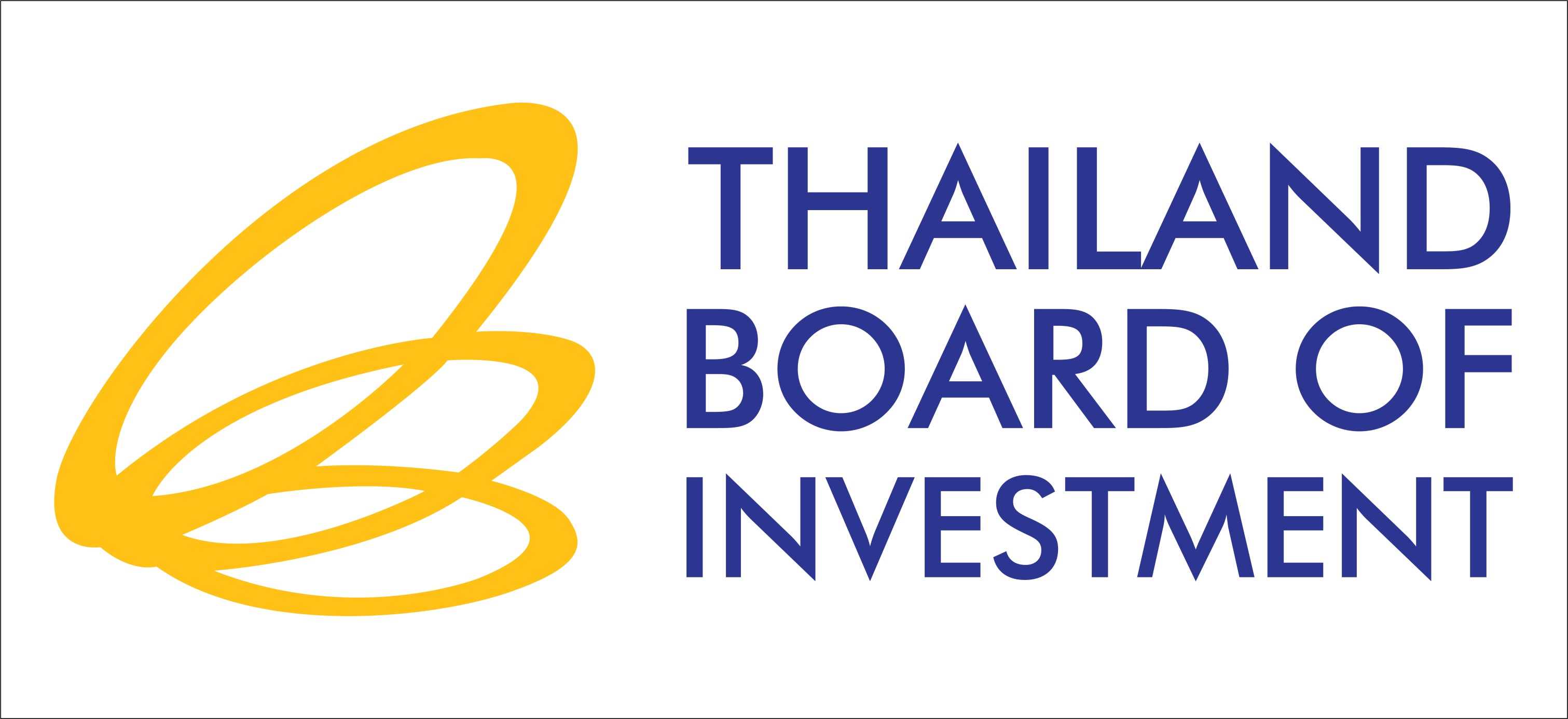Tourism/Thailand Tourism 2025
Tourism/Thailand Tourism 2025
Chatrudee Theparat
The government launches five strategies to boost Thailand as a global tourism hub by 2030.
The government announced to introduce five strategies to boost Thailand as a global tourism hub. The plan starts from the year 2025 and expects to achieve its target by 2030.

Tourism and Sports Minister Sudawan Wangsuphakijkosol said such strategies are in line with the previous announcement of the Prime Minister Srettha Thavisin, who wants to develop Thailand as an aviation hub to accommodate 150 million passengers in 2030.
As of April 1, the number of foreign visitors to Thailand totaled 9.4 million. Due to robust tourism scenario, the government has revised its tourism revenue this year to 3.5 trillion baht, up from the previous target of 3 trillion baht, following the prime minister’s ambitious plan.
Among strategies, during the first three month of this year, the government started its first strategy by expanding visa-free access for tourists from countries and also extended the length of stays to 60 days or 90 days from the current 30 days.
Also, it has made even easier for foreign visitors to refund value added tax at convenient locations like department stores or kiosk in a bid to persuade more foreign visitors to spend in Thailand. Regulations are relaxed and related legislation are amended to facilitate the entry of foreign visitors.
The second strategy is to implement a tourism campaign called “Must Do in Thailand” including “Must Beat” of Muay Thai, “Must Eat” of Thai food, “Must Seek” of Thai culture, and “Must Buy” of Thai textiles, and “Must see” of Thai culture.

The third is to develop infrastructure both main and the second tourism provinces. The government needs to develop infrastructure for connectivity between main provinces and the second tier- tourism provinces in order to spread the visitors from main cities, which are facing overcrowding problem in some areas, to the second tier-tourism provinces.
The fourth is to develop more connectivity network from Thailand to Asean members ranging from road, aviation, and aviation alliance to offer flight packages. The government plans to design cross-border OR payment in a bid to facilitate the visitors for spending. Currently, QR Code payment is implemented among eight countries including Singapore, Indonesia, Malaysia, Cambodia, Vietnam, Hong Kong, Japan and China.
The last strategy is to promote Thailand as a destination for the world-class event organizing.
03 April 2024
Viewed 138 time
 EN
EN 




